Futile: Palestinians live among the wreck and rubble of buildings destroyed by Israeli Defence Forces in Gaza. Photo: Abed Rahim Khatib/Anadolu/Getty Images
Israel and its US allies have consistently accused Iran of pursuing nuclear weapons, often using this claim to justify the imposition of sanctions, reflecting a pattern of double standards.
In the 1970s, Israel and apartheid South Africa forged a close military, political and ideological alliance. Central to this partnership was weapons development and testing conducted in Israel. Journalist Sasha Polakow-Suransky described their bond as rooted in an “ideology of minority survivalism”, portraying both nations as outposts of European civilisation defending themselves against “barbarians at the gate”.
Former South African intelligence minister Ronnie Kasrils highlighted parallels between the ideologies of apartheid and Zionism. He remarked: “Israelis claim that they are the chosen people, the elect of God, and find biblical justification for their racism and Zionist exclusivity.” He likened this to Afrikaners during apartheid, who invoked similar biblical narratives to assert their divine right to the land. He noted that “like the Zionists who claimed in the 1940s that Palestine was a land without people for a people without land, Afrikaner settlers perpetuated the myth that black people did not exist in South Africa in the 17th century.”
The ideological ties between the two nations translated into visible acts of solidarity. In 1976, then Israeli prime minister Yitzhak Rabin hosted South Africa’s former prime minister John Vorster — a Nazi sympathiser and member of a fascist Afrikaner organisation during World War II — at the Holocaust memorial in Jerusalem. During the visit, Vorster toasted the “ideals shared by Israel and South Africa”, emphasising their mutual struggles against “foreign-inspired instability and recklessness”. The South African government even declared, “Israel and South Africa have one thing above all else in common: they are both situated in a predominantly hostile world inhabited by dark peoples.”
Despite the public expressions of solidarity, much of the relationship remained shrouded in secrecy. A security agreement signed in 1975 formalised their partnership, with terms classified for two decades. This collaboration was critical for the defence industries of both nations. A former Israeli ambassador to Pretoria admitted that Israel’s security establishment justified its alliance with South Africa by recognising its own status as an occupying power and the need for Afrikaner support. Ilan Baruch, a former Israeli ambassador to South Africa, openly described Israel as an apartheid state, noting that it drew inspiration from South Africa’s pre-1994 policies.
By 1976, the military and security establishments of the two countries had become inseparable. Alon Liel, a former Israeli official, noted: “They assisted us to develop all kinds of technology because they had a lot of money. When we were developing things together, we usually gave the know-how, and they gave the money.”
When the United Nations imposed an arms embargo on South Africa, Israel openly defied it while falsely claiming compliance.
Their partnership extended to the development of nuclear capabilities. Both nations supported each other, combining resources and expertise. Israel, with help from Britain and France, acquired materials to build its nuclear arsenal, accelerating efforts after the Six-Day War. Meanwhile, South Africa used its abundant uranium reserves to develop its nuclear programme, benefiting from Israeli technical support. By the early 1950s, South Africa had become the United States’ primary uranium supplier, a relationship facilitated by lenient policies from president Harry Truman’s administration.
Under the American “Atoms for Peace” programme, the US provided nuclear materials for peaceful atomic energy applications, including South Africa’s first research reactor at Pelindaba. This infrastructure eventually enabled South Africa’s nuclear weapons development. Similarly, Israel acquired a 24-megawatt reactor from France, ostensibly for research, but with the clear understanding that it would advance Israel’s nuclear weapons programme.
Uranium was a critical resource for both nations’ nuclear ambitions. South Africa supplied Israel with the material, while leveraging its status as a uranium supplier to the US to gain influence at the International Atomic Energy Agency in Vienna. Tensions emerged over inspections, with Israel opposing oversight that it claimed infringed on its sovereignty.
The nuclear collaboration deepened, with South Africa reportedly permitting Israel to conduct nuclear tests in the Indian Ocean in 1979. Reports also suggest that in 1975, Israel attempted to sell nuclear warheads to South Africa, though the deal ultimately fell through. Declassified documents reveal Israeli defence minister Shimon Peres and South African prime minister PW Botha’s determination to keep their nuclear partnership concealed. A memorandum from this era even indicates Israel’s eagerness to test its weapons on South African soil, underscoring the controversial and clandestine nature of their alliance.
For Israel, nuclear weapons served as a deterrent against existential threats. For South Africa, they were both a potential shield against neighbouring countries and a source of political leverage. By the 1980s, Israel had become South Africa’s primary arms supplier, further entrenching their alliance.
The US remained largely unaware of the extent of Israel’s nuclear collaboration with South Africa. To this day, Israel maintains a policy of nuclear ambiguity, refusing to allow the International Atomic Energy Agency to inspect the Dimona facility and declining to join the Nuclear Non-Proliferation Treaty (NPT). In 2021, US President Joe Biden assured Israeli prime minister Naftali Bennett that the US would not pressure Israel to join the NPT.
The partnership between Israel and apartheid South Africa exemplifies the troubling prioritisation of power and strategic advantage over justice and human rights. By aligning with a regime globally condemned for institutionalised racism, Israel not only bolstered apartheid but also reinforced its own systems of exclusion and occupation. The ideological parallels between Zionism and apartheid — grounded in notions of divine entitlement and racial superiority — unveil shared narratives used to justify the oppression of Palestinians and black South Africans.
This clandestine alliance, marked by defiance of international norms, highlights the extent to which both nations sought to secure dominance at the expense of fundamental ethical principles. It serves as a stark reminder that policies of exclusion and racial supremacy undermine any path toward genuine peace and justice. Addressing such historical complicity demands a steadfast recommitment to accountability, equality, and the universal protection of human rights.
Sõzarn Barday is an attorney based in South Africa and has a particular interest in human rights in the Middle East.

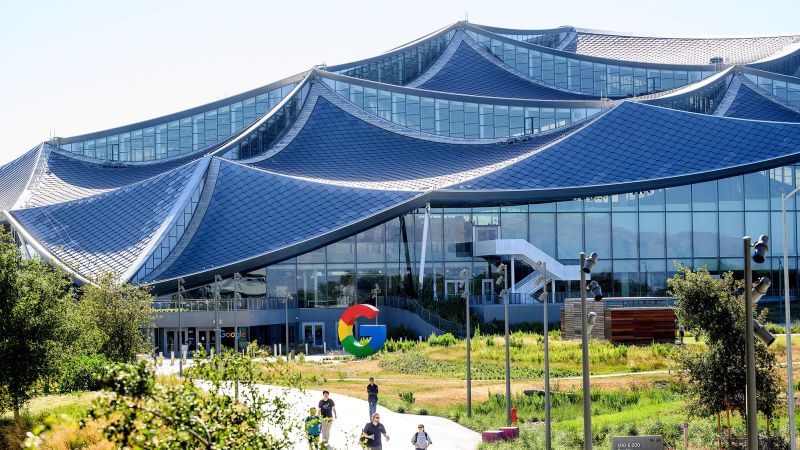

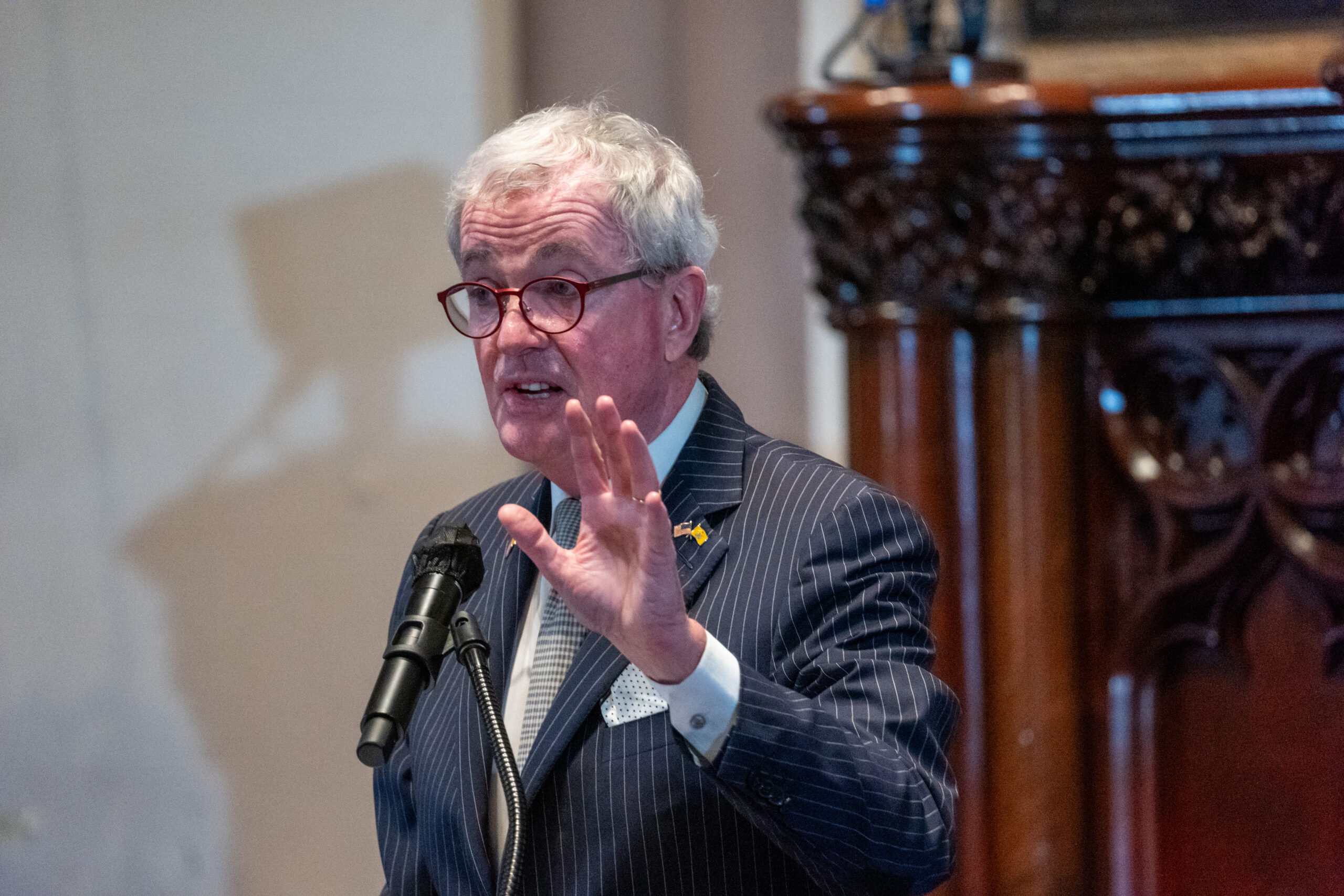


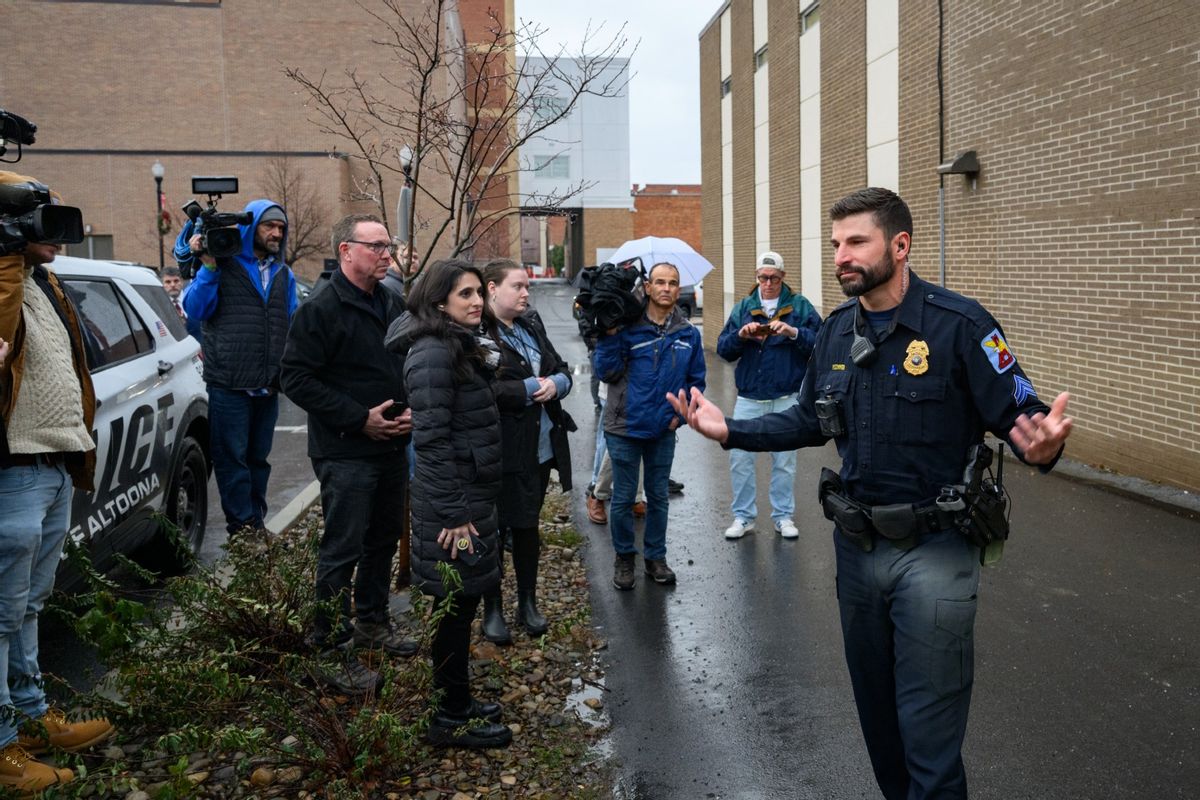





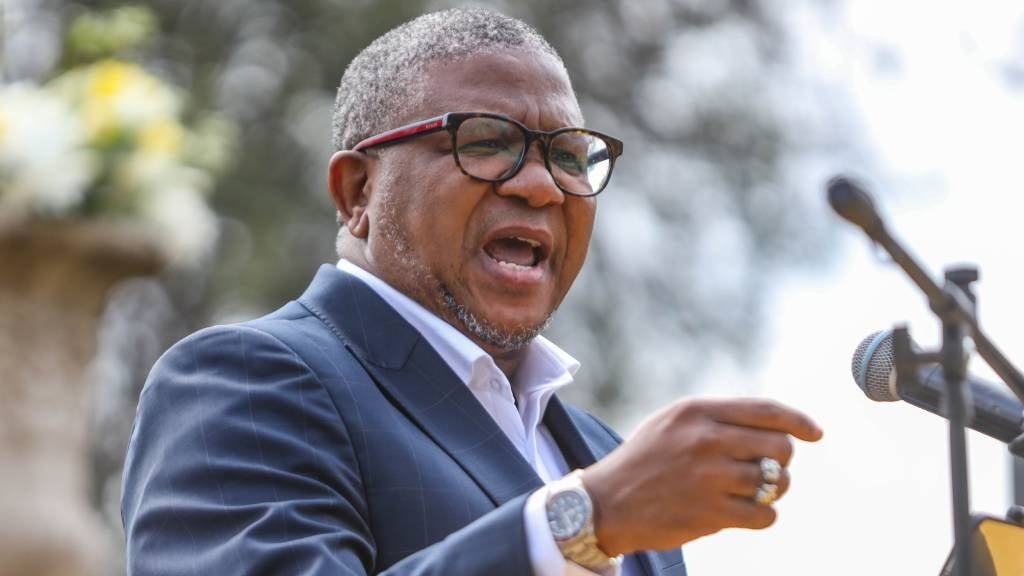
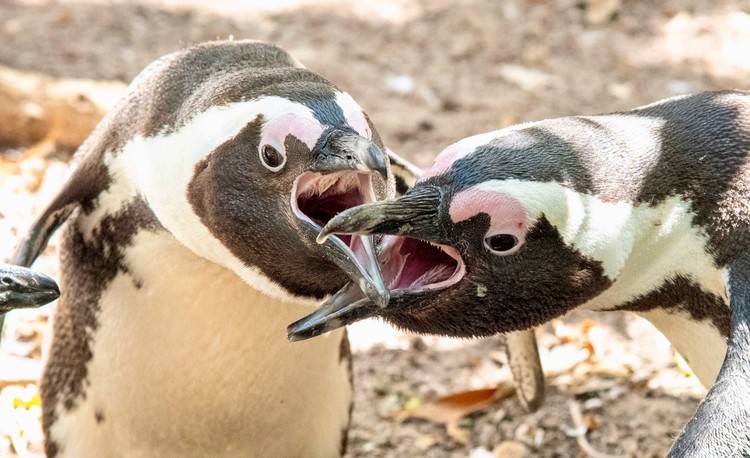
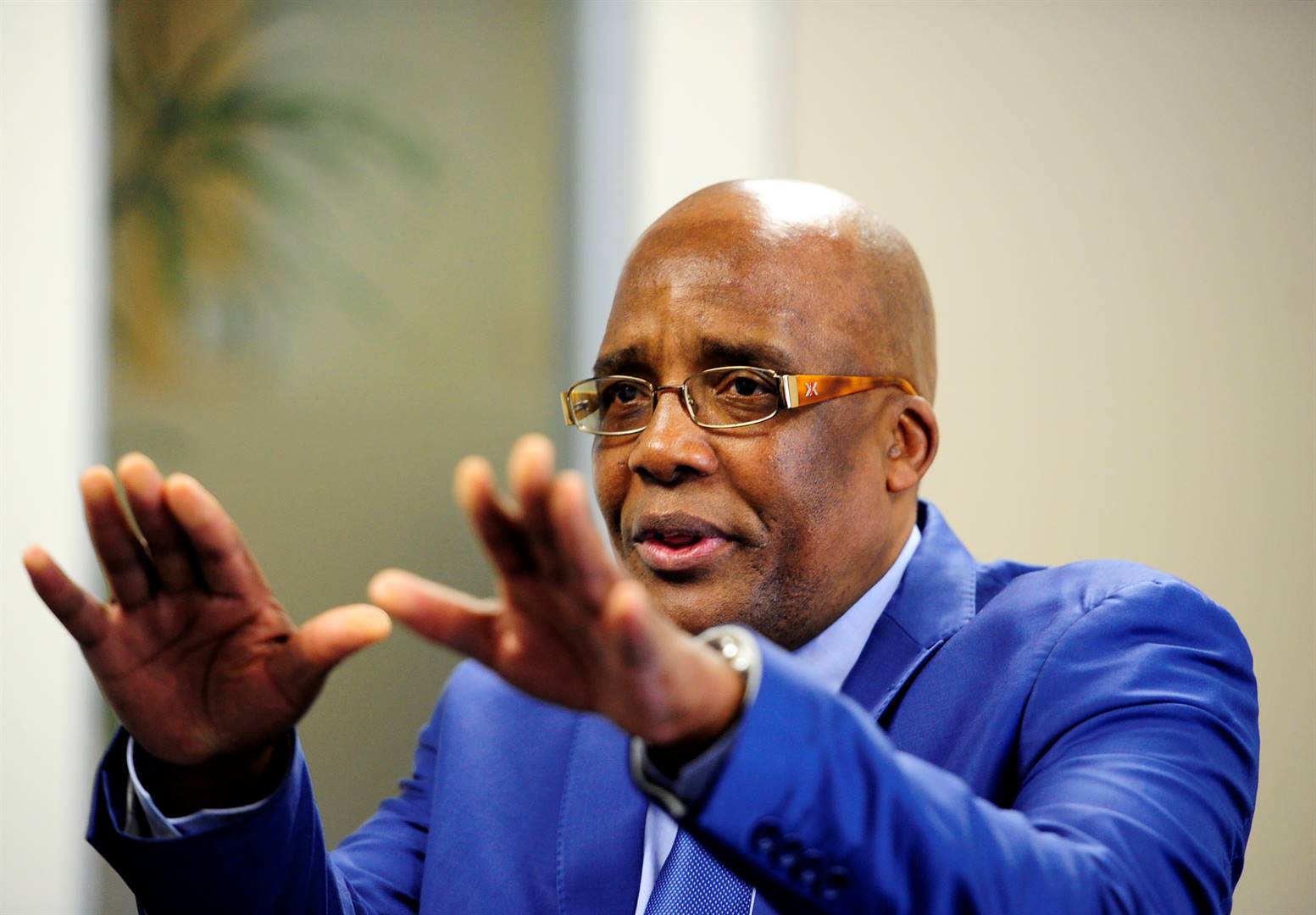






Discussion about this post